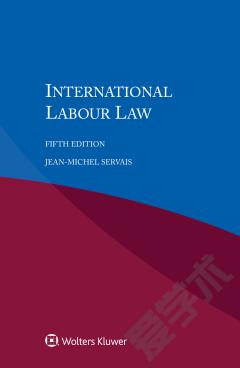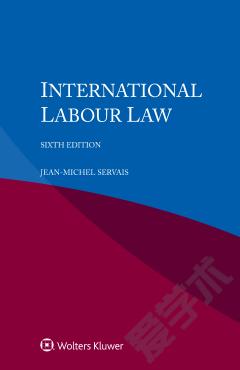International Labour Law
No one will deny that labour standards comprise a necessary framework for balanced economic and social development. Yet, on a global level such balanced development has not occurred, despite the existence of a rigorous body of international labour law that has been active and growing for eighty years. The implementation of this law devolves upon states; yet many states have failed to honor it. If we are to take serious steps toward a remedy for this situation, there is no better place to start than a thorough, well-researched survey and analysis of existing international labour law, its sources, its content, its historical development, and an informed consideration of the barriers to its full effectiveness. This book is exactly such a resource. It provides in-depth interpretation of the crucial International Labour Organisation (ILO) instruments' Constitution, conventions, declarations, resolutions, and recommendations as well as such other sources of law as the OECD Guidelines for Multinational Enterprises and various model and actual corporate codes of conduct. Among the substantive areas of labour law covered in this book are the following: standards on industrial relations; the relationship between international labour law and economic competition; protection of trade unions; prohibitions on enforced and child labour; promotion of equal opportunity and treatment; wage determination and protection; occupational health and safety provisions; foreign and migrant workers; and social security provisions. The presentation demonstrates that these rules and standards, notwithstanding their much-maligned intrinsic legal force, do in fact offer invaluable benchmarks to governments, judiciaries, employers, and trade unions. This new book by Jean-Michel Servais of the ILO is a continuation of the earlier standard work of the same title by Nicolas Valticos, as revised by G.W. von Potobski in 1995.
{{comment.content}}








 京公网安备 11010802027623号
京公网安备 11010802027623号